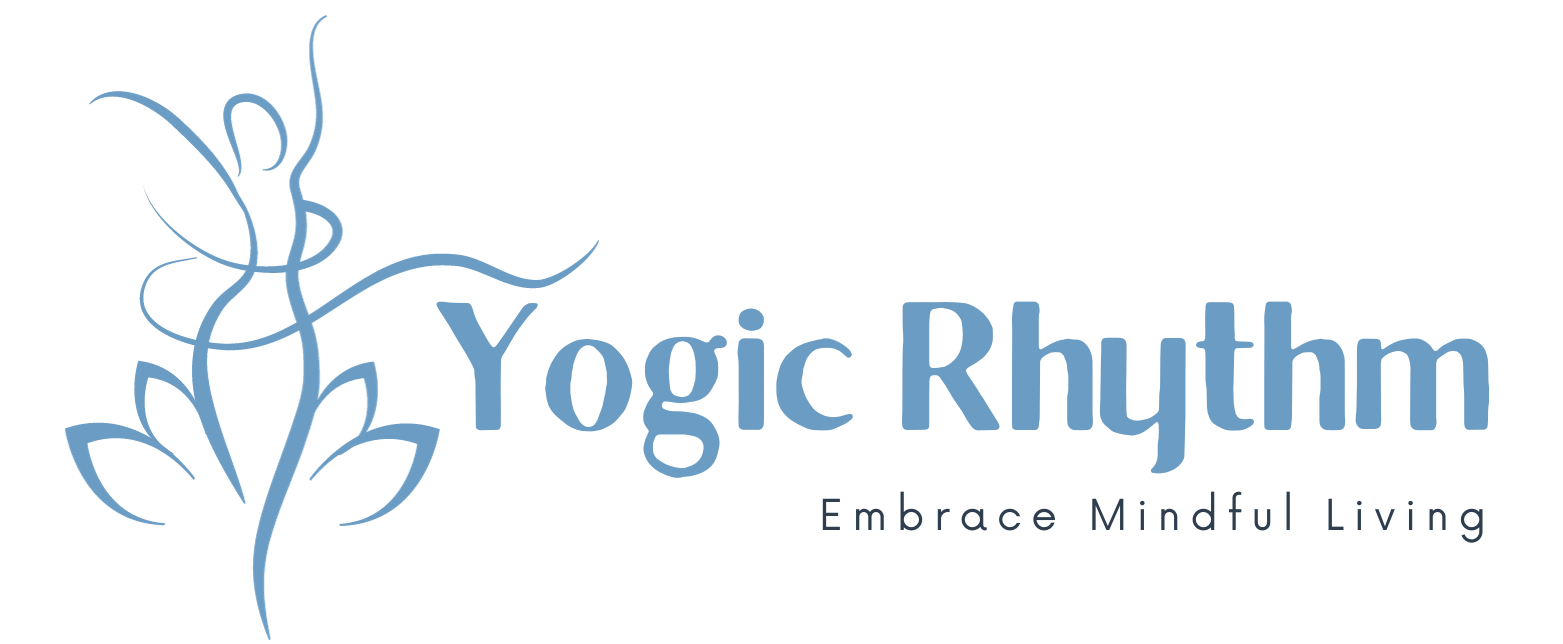Introduction: In a world filled with the hustle and bustle of modern life, quality sleep often eludes many. Insomnia, a common sleep disorder, can have a profound impact on overall well-being. However, the ancient practice of meditation, when integrated into your daily routine, can play a pivotal role in managing insomnia. Let’s explore how meditation can become your ally in the journey to better sleep and a better life.
Understanding Insomnia:
The Insomnia Epidemic:
Insomnia is more than just an occasional sleepless night. It’s a chronic condition characterized by difficulty falling asleep, staying asleep, or experiencing restorative sleep. Insomnia can lead to daytime fatigue, mood disturbances, and a decline in cognitive function.
The Modern Culprits:
Modern life, with its constant connectivity and stressors, can contribute to insomnia. The prevalence of screens, work-related anxieties, and busy schedules often disrupt our natural sleep-wake patterns.
The Role of Meditation:
Meditation’s Calming Influence:
Meditation is a practice that encourages mindfulness and inner peace. By focusing the mind and calming mental chatter, it can reduce anxiety and stress, two significant factors that contribute to insomnia.
Improved Sleep Quality:
Regular meditation can lead to improved sleep quality. It helps you relax physically and mentally, making it easier to fall asleep and stay asleep. Meditation is especially effective for those with racing thoughts that keep them awake at night.
Meditation Techniques for Insomnia:
Guided Meditation:
Guided meditation sessions specifically designed to promote sleep can be highly effective. These sessions often include breathing exercises, body scans, and visualizations that induce a state of relaxation.
Mindfulness Meditation:
Mindfulness meditation encourages staying present in the moment. By focusing on your breath and bodily sensations, you can release the mental tension that keeps you awake.
Yoga Nidra:
Yoga Nidra, often referred to as yogic sleep, is a systematic meditation practice that guides you into a state of deep relaxation. It’s particularly helpful for those seeking restorative sleep.
Incorporating Meditation into Your Routine:
Consistency is Key:
To experience the benefits of meditation, consistency is vital. Try to incorporate meditation into your daily routine, especially in the evening to prepare your mind and body for sleep.
Create a Peaceful Environment:
Find a quiet and comfortable space for your meditation practice. Dim the lights, eliminate distractions, and make your environment conducive to relaxation.
Stay Patient and Persistent:
Meditation is a skill that develops over time. Be patient with yourself and stay persistent in your practice, even if you don’t experience immediate results.
Conclusion: In the pursuit of a better life, quality sleep plays a pivotal role. Insomnia, with its myriad of challenges, can be effectively managed through the practice of meditation. By incorporating meditation techniques such as guided meditation, mindfulness, or Yoga Nidra into your daily routine, you can experience a profound shift in your sleep patterns.
As you begin your journey towards better sleep, remember that meditation is not a quick fix but a sustainable approach to managing insomnia. With practice, patience, and a commitment to self-care, you can unlock the potential for restorative sleep and, in turn, a better life.
So, find your meditation sanctuary, close your eyes, and embark on a path to better sleep, improved well-being, and a brighter tomorrow.
